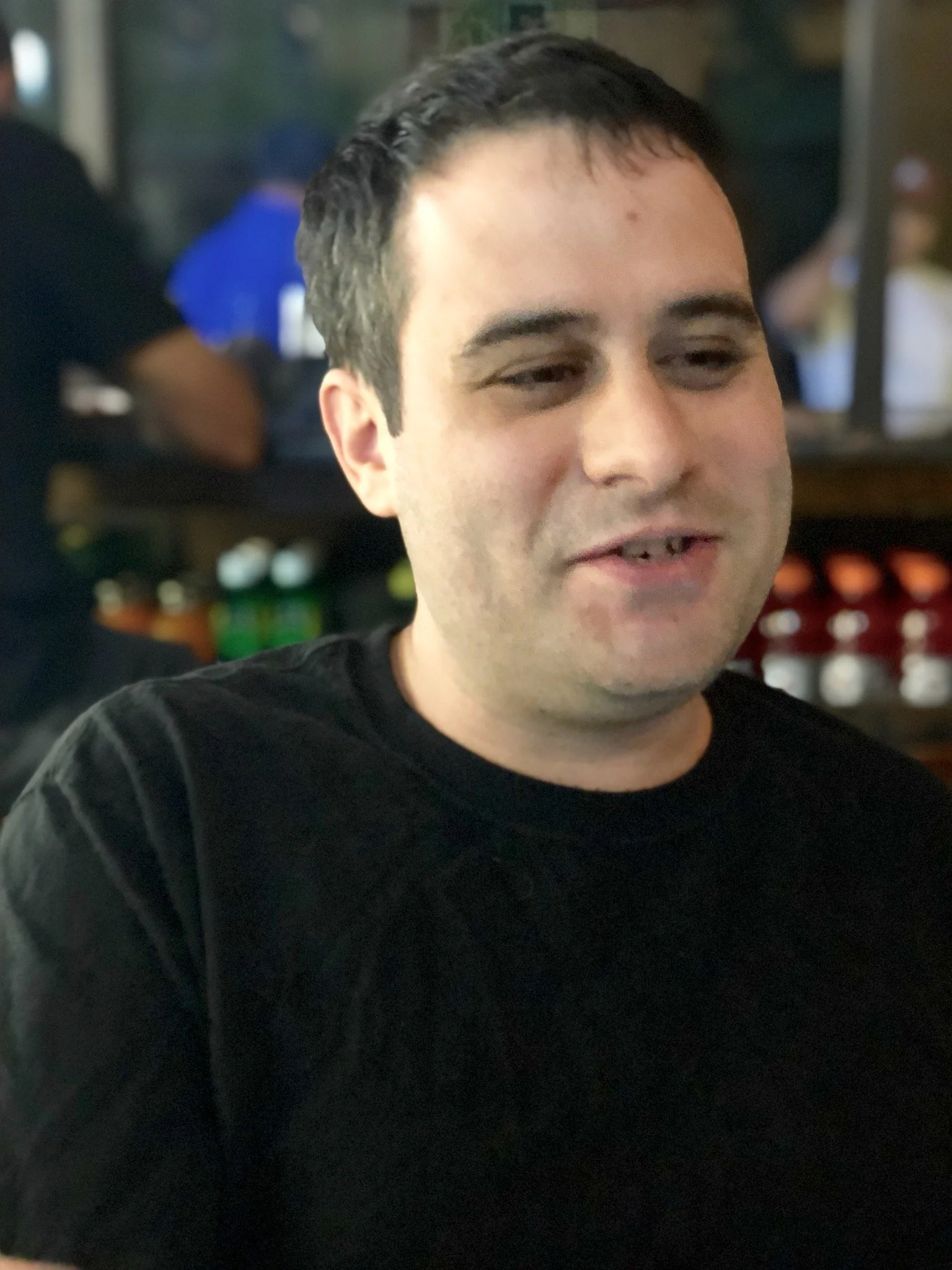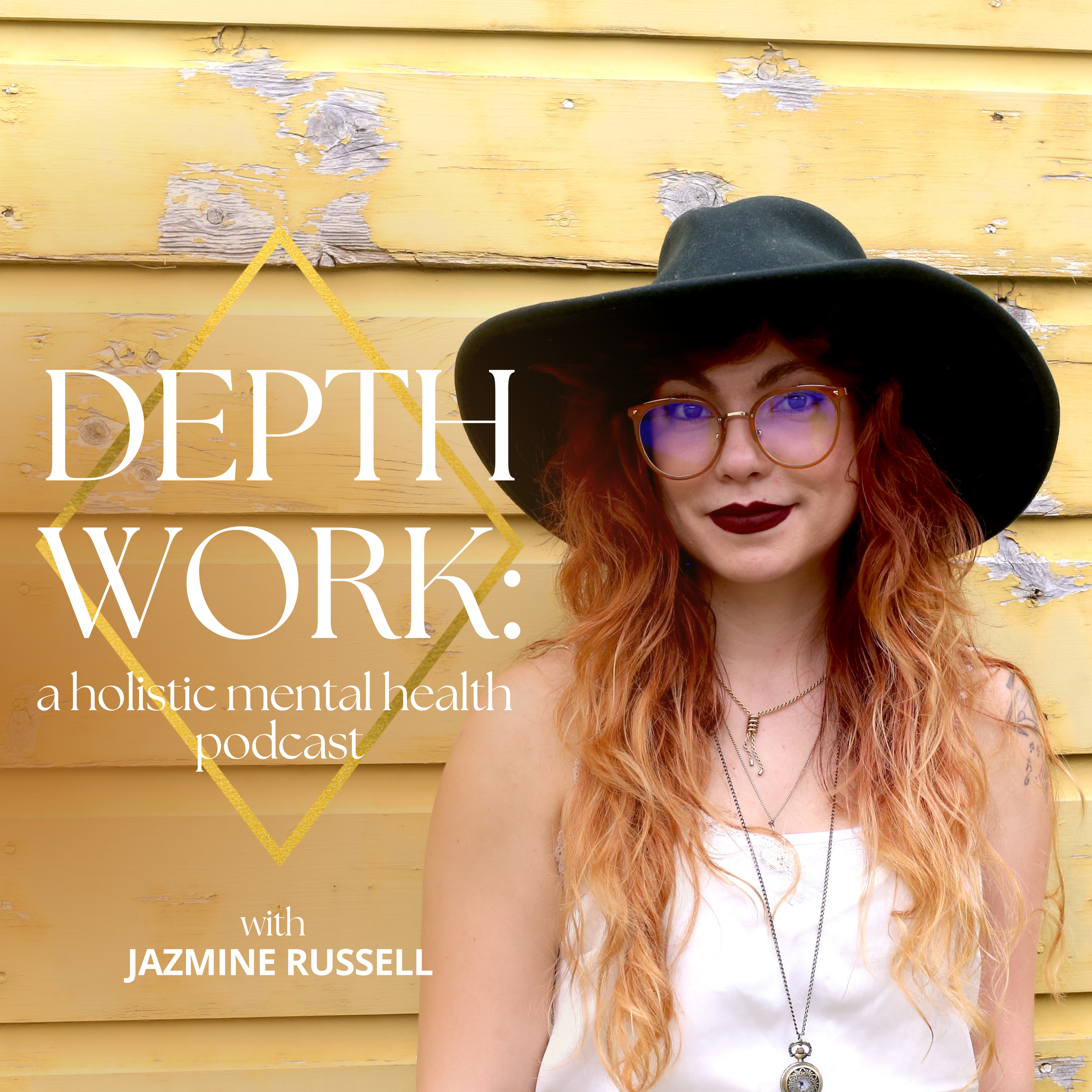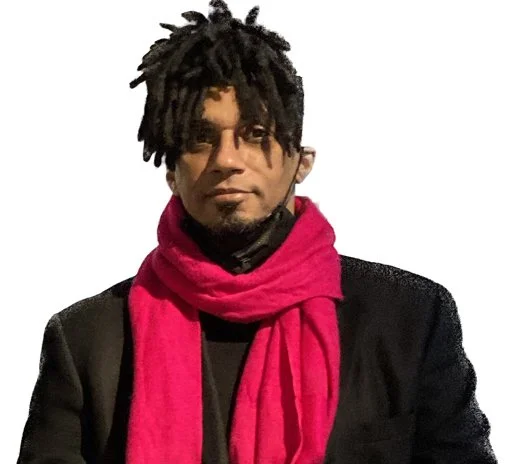Harm Reduction, Capitalism, Psychedelics & The Opioid Epidemic: Fighting The War On Drugs with David Levine
Harm Reduction in the context of mental health and substance use is a multi-faceted approach to supporting people. Often described as “person-centered,” it honors the autonomy and agency of individuals, regardless of the often stigmatized activities they may be engaging in, and recognizes the reality of social inequities that impact people in complex ways.
Harm Reduction On The Ground
Recently, I had the pleasure of speaking with Harm Reduction Specialist and Peer Counselor, David Levine as we delved into the complexities of the war on drugs in the United States and how drug laws and policies disproportionately affect marginalized communities.
David has been on the front lines of helping people who have overdosed on opioids and is an expert in harm reduction. We discussed the current state of where and how harm reduction is practices on the ground, where David shared case examples from his own life and work. He also touched on the importance of life-saving harm reduction technologies such as safe syringe exchange, Narcan, and drug testing strips.
The War on Drugs & The Opioid epidemic
The opioid epidemic in the US is a crisis that affects many, but most often those who are multiply marginalized. David shed light on how the war on drugs is a form of systemic oppression of marginalized communities with roots in racism and classism. He also discussed gatekeeping, profit hoarding, and hypocrisy in what we classify and sell as ‘medicine,’ and how stigma around drugs creates sometimes more harm than the drugs themselves. The current state of the war on drugs is influenced by the way we conduct drug research, patent approvals, the FDA, and the legalization of Schedule 1 drugs, which has been carried out sometimes in equitable but often in inequitable ways.
If you’re interested in learning more about harm reduction, the opioid epidemic, and the impact of drug laws and policies on marginalized communities, tune in to episode 45 of DEPTH Work below.
“Part of why we call it harm reduction is we are differentiating the drugs themselves, from the harm that’s associated with the drugs. What sucks is that the vast majority of the time, we are dealing with the harms of prohibition and the harms of drug stigma as opposed to the harms of the drugs themselves.”
What you’ll learn in this episode:
3 critical parts to practicing harm reduction in it’s truest form
what harm reduction looks like on the ground - with case examples
current life saving harm reduction technologies that stop lethal overdose
the war on drugs as systemic oppression of marginalized groups
drug positivity and how we can mitigate risk
gatekeeping, profit hoarding, and hypocrisy in what we classify and sell as ‘medicine’
the opioid epidemic in the US
drug research, patents, FDA approval and the legalization of schedule 1 drugs in equitable and inequitable ways
“Drugs are tools that we use for a reason. And a lot of times we are prevented or disallowed or told it’s wrong to even start to consider what those reasons are or what the benefits you’re getting from it are. People who use drugs aren’t stupid. They want to be happy and healthy people…But we live in a world where for some people there is no good life or outcome presented as a possibility. You really want to lower the number of people using opioids? Get a universal basic income. Design a world where you can live without constant emotional pain, where there is a worthwhile future, where we’re not told that the only moral way to live your life is to suffer at a job in order to enrich some asshole.”
About David Levine:
David Levine, JD is a drug warrior and harm reductionist. Identifying as a person who uses drugs and committed to fighting against War on Drugs, David has worked professionally in Harm Reduction since 2014 in a multitude of settings. He currently works two jobs on the front lines helping people affected by dangers inherent to a black market drug supply in the Bronx through street outreach and engaging overdose survivors in ERs.
DEPTH Work - A Holistic Mental Health Podcast
This is a space for those who love to dive into the underbelly, to revel in the mystery, question assumptions about what is normal, play in both/and, and honour the wide range of human emotions.
As a complex trauma survivor, holistic counsellor and co-founder of a mental health institute, I learned that there is immense wisdom in our pain and what we call crazy is just what we are yet not willing to understand and explore. Let’s dive in!
Resources:
Andrew Tatarsky: https://www.centerforoptimalliving.com/
Harm Reduction Coalition - https://harmreduction.org/
Next Distro: https://nextdistro.org/
Alliance NYC: https://alliance.nyc/leshrc
FDA approvals and fee process: “The FDA collected $29 million in fees in 1993, the year after Congress passed the Prescription Drug User Fee Act for the first time. The fees rose to $908 million in 2018. That year, industry fees amounted to about 80% of the money spent on FDA employee salaries for drug reviews, according to the study.” https://www.npr.org/sections/health-shots/2020/01/14/796227083/fda-approves-drugs-faster-than-ever-but-relies-on-weaker-evidence-researchers-fi
”Half of new drug approvals only based on one clinical trial” : https://jamanetwork.com/journals/jama/article-abstract/2758605?guestAccessKey=6c172781-0a0e-4e36-8c5c-a51962ecc2f7















